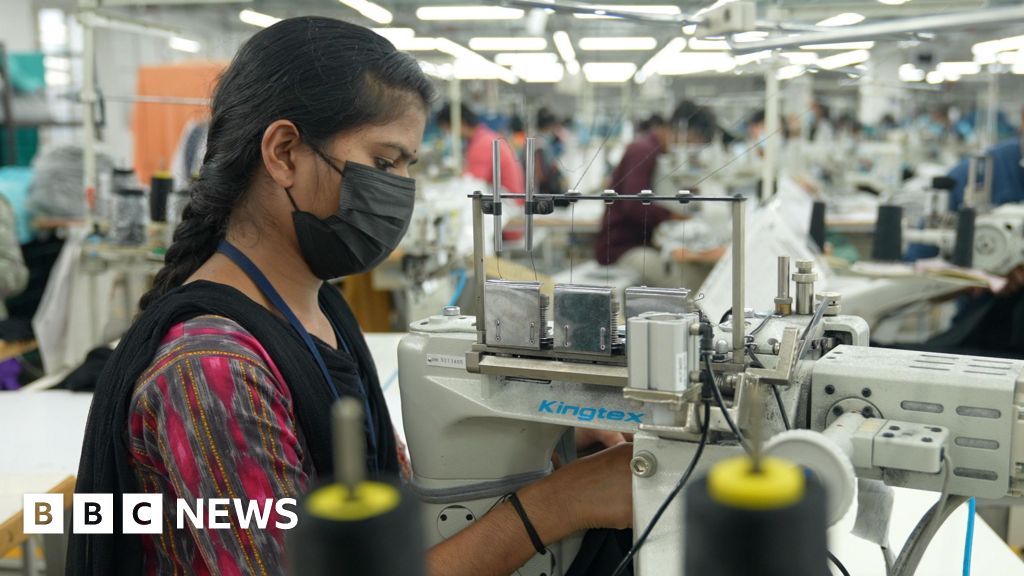Parents Warned Against Deadly Bacteria in Infant Formula + More

Source: Children’s Health Defense
Parents Warned Against Deadly Bacteria in Infant Formula
Parents of newborns are being urged to take extra care when preparing powdered infant formula after new research revealed that the ambiguity of many current instructions may leave babies vulnerable to a deadly foodborne bacteria.
The study, published in the Journal of Food Protection by Cornell University researchers, highlights dangerous gaps in the guidelines printed on formula packaging.
According to the team, ambiguous instructions — such as “boil water and wait five minutes” — do not provide the precision needed to kill Cronobacter, a rare but life-threatening pathogen.
Cronobacter infections are uncommon, with only about 18 cases reported annually in the U.S. But for high-risk infants — including babies under two months, premature infants and those who are immunocompromised — contracting the bacteria can be extremely risky. Contaminated powdered formula can cause septicemia, meningitis and even death.
Annual Mental Health Screenings Recommended for U.S. Youth
Pediatricians should screen children annually for mental or developmental issues, the American Academy of Pediatrics (AAP) recommends in a new clinical report. The recommendation comes in response to a mental, emotional and behavioral health crisis that’s been brewing among America’s youth, the AAP says.
Up to 1 in 5 children in the U.S., including kids as young as two, are living with a mental or behavioral health problem like depression, anxiety, ADHD or suicidal thoughts and feelings, according to the report published online today in the journal Pediatrics. And in 2020, suicide became the second-leading cause of death among kids aged 10 to 14 and the third-leading among 15- to 24-year-olds. AAP said the rate increased 41% between 2000 and 2017.
The AAP argues that pediatricians are in the best position to spot early concerns and get children the help they need. “Just as a pediatrician checks every child’s physical health and development, they need to feel equipped to identify mental, emotional and behavioral health issues during routine exams,” lead guideline author Dr. Carol Weitzman, co-director of the Autism Spectrum Center at Boston Children’s Hospital, said in a news release.
Amid Cries for Retraction, a Medical Journal Reviews a Discredited, 24-Year-Old Paper on an Antidepressant
Amid demands for retraction, a leading medical journal is reviewing a study published in 2001 that touted the benefits of a depression pill for adolescents, but was subsequently discredited and became the focal point of a searing controversy over inappropriate marketing of the medicine.
The study, which was published in the Journal of the American Academy of Child & Adolescent Psychiatry, made upbeat claims that Paxil was safe and effective for young people. But the underlying data were later found to be misleading because they distorted results, and the study downplayed information that some patients experienced serious side effects, such as suicidal thoughts.
Meanwhile, GSK, which sold the pill, had attempted to use the findings as a marketing tool to persuade doctors to write more prescriptions, even though Paxil was not approved to treat teens at the time. In fact, the Food and Drug Administration never approved Paxil for this population and issued a warning about suicidal thoughts for this type of antidepressant, known as a selective serotonin reuptake inhibitor, or SSRI.
Rise in Kidney Stones Among Kids and Teens
Kidney stones are common in the U.S. One in 10 people will develop one at some point in their life. Once rare in children, doctors say cases are becoming much more frequent.
Avery Kiehl is a busy high school junior. Two years ago, at just 15 years old, she developed a kidney stone.
“All of a sudden, I started feeling like a sharp pain,” Avery Kiehl described.
“When I went upstairs and saw her, I was scared. She was just writhing in pain,” recalled her mother, Brandi Kiehl. After ruling out appendicitis, doctors found a kidney stone. “I was hoping that it was just a fluke and that it wouldn’t happen again,” said Brandi Kiehl.
But a year later, during finals week, Avery Kiehl developed a second one. “I kind of knew it right away, because there’s nothing really like that pain,” she stated.
Avery Kiehl now has regular checkups. During a recent ultrasound, doctors found yet another kidney stone.
“Unfortunately, kidney stones are recurrent in about 30 to 50% of the cases within five years,” said Andrew Schwaderer, M.D., pediatric nephrologist at Riley Children’s Health.
He said over the past several decades, there has been a steady rise of kidney stone cases in children, especially teen girls. Doctors don’t know what’s causing the increase, but diet may be a factor. “Most of the time, they have a very low-calcium diet. About nine times out of 10, the child does not drink milk,” explained Dr. Schwaderer.
New Study Finds Simple Transportation Change Can Positively Impact Health of School Children: ‘They’re Less Likely to Get Sick’
Some Atlanta schools are getting new electric buses, and experts say this will be beneficial to children’s health. DeKalb, Atlanta, and Clayton County schools each have about 25 electric buses, with plans to procure more, according to Healthbeat.
The new vehicles mark the beginning of the transition to clean fleets in Georgia. Progress has slowed as the Trump administration has cut funding to the U.S. Environmental Protection Agency, which helps the state secure the next-gen buses. Diesel is fueling most school buses in Georgia, according to the World Resources Institute’s Electric School Bus Initiative. Many of them are gas guzzlers made before 2009, meaning they were made when pollution standards were lower.
Diesel-fueled vehicles create air pollution that can increase health risks. Diesel fumes can trigger asthma attacks, which can prevent children from coming into school. Childhood asthma advocates have pushed for the implementation of more clean buses, saying it could reduce the risk of the condition.












